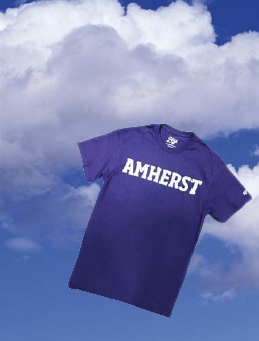Many people consider the practice of medicine to be more of an art than a science. But there are numerous ways in which a better understanding of the mathematical underpinnings of medicine can make you a much better—or at least a much more informed—patient. While almost all physicians are trained in the use of evidence-based medicine, most pretty much forget all about it once they graduate from medical school. You can do better.
Your Challenge:
Answer the following questions about medicine with actual numbers, looking up statistics as needed and showing your work. If multiple readers answer correctly, we’ll draw one winner. If no one nails every correct answer, the person who gets closest will win!
THE PRIZE: an Amherst T-shirt. Send your answers to magazine@amherst.edu.
- If we take a random group of 1,000 50-year-old women, how many will be expected to die of breast cancer in the next 10 years? If we screen those 1,000 women with mammograms every two years for a decade, how many fewer women might be expected to die of breast cancer?
- A recent study found that 0.5 percent of women ages 50 to 69 have breast cancer. One woman in that age group goes in for a screening mammogram. She gets a call that it’s “positive” and needs to come back for a further workup. After that positive screen, what is the percent chance that she really has breast cancer, and what’s the percent chance that she does not?
- Your child has an ear infection, and you’re thinking about asking for antibiotics to treat it. How many ear infections does a pediatrician need to treat with antibiotics to prevent one serious complication? How many do they need to treat with antibiotics to reduce one child’s pain within 24 hours? Within two to seven days? Finally, how many do they need to treat with antibiotics to have one child get a side effect, like vomiting, diarrhea or a bad rash?
